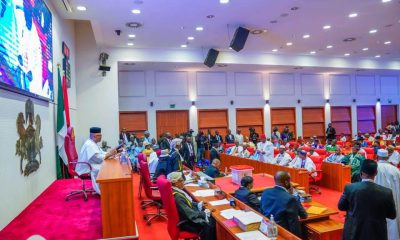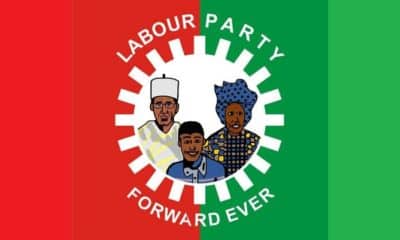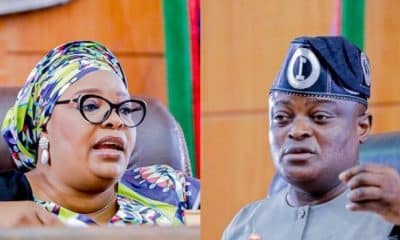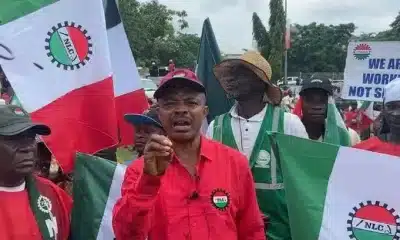Nigeria News
NLC Wants Nigerian Politicians To Have Retirement Age Like Civil Servants
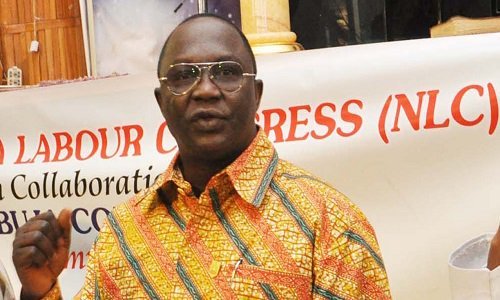
The Nigeria Labour Congress (NLC) has advocated that Nigeria should have a specific retirement age for political office holders just has it has for civil servants.
The NLC President, Ayuba Wabba said if civil servants can be forced to retire at a particular age even when they are still productive, then the same law should apply to political officeholders.
Wabba made the submission on Tuesday at the 5th NLC Gender Conference in Abuja.
In his words, “You don’t bring a policy that suits only you. If workers above 50 years should retire, then it should apply to politicians as well.”
Wabba also advocated that women be given more opportunities to serve in leadership positions, noting that over the years, the female gender has proven to be very capable but the structure of the society has denied them from taking leadership positions.
He stressed that women in Nigeria deserve to be given more than 35 per cent quota in leadership positions.
‘Leaders are afraid of women taking their position. Because women are very important and great leaders. Women deserve the rightful place in our society,’ he stated.
Adding that: ‘If we have women as governors we will not be talking about removing minimum wage from the concurrent list to the executive list. 30% wage is poor and most times they don’t get it. Most countries are 70% now because they have seen the importance of women in leadership positions.
‘Women bear the burden of the family and all the areas where there are insecurities women and youth bear the burden. This is why we must recognise them and give them their rightful place in society.
‘Women have addressed the issue of diversity in governance in many countries in the world. Women don’t steal like some of our men do; records show women are good at keeping the resources of our country.
‘We don’t only need women during elections or voting periods. Women and youth constitute 60% of our population.’
Also speaking, the Acting Director, International Labour Organisation (ILO) Country Office, Mr David Dorkenoo, said the issues about gender equality and women inclusion need to be addressed squarely.
‘To address the inequalities, especially in the world of work, the importance of the role of the ILO tripartite partners cannot be overemphasised,’ Dorkenoo said.
‘The ILO tripartite constituents can make a vital contribution to promote gender equality through inclusive policy-making as well as gender inclusiveness representation in policymaking.
‘Tripartite constituents need to see a greater role for stronger universal and sustainable social protection policies, investment in supporting families with care work, advocating women as leaders. They should also ensure the dignity and safety of women and men in the labour market for a better present and future times.’
Similarly, the Chairperson, NLC National Women Commission, Mercy Okezie, said women rights need to be projected and upheld in workplaces, political settings and all spheres of life.
Meanwhile, the Nigerian Labour Congress (NLC) and the Trade Union Congress (TUC), on Wednesday, took over some major streets in Abuja in protest of a proposed amendment by the National Assembly to the minimum wage of workers in Nigeria.
The protest kicked off from the Unity Fountain and attracted a large number of people who came out to demand the bill before the National Assembly seeking to remove the Minimum Wage from the Exclusive Legislative List to the Concurrent Legislative List be dropped.
The protest had other members of the organized union in Nigeria and is headed for the National Assembly to make their grievances known to the lawmakers.

